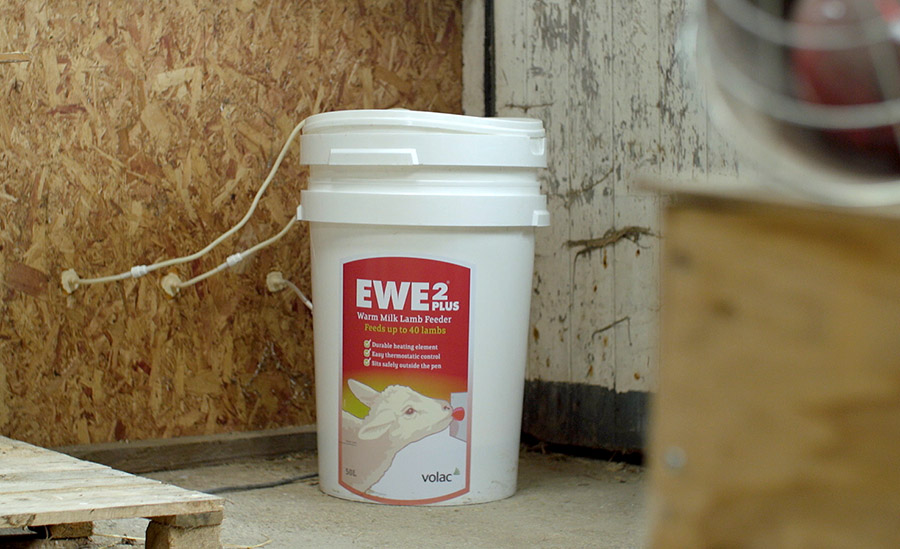
To meet a growing demand for his ‘farm to fork’ lamb, Cambridgeshire sheep producer Toby Dean aims to build up a sustainable flock of 500 ewes within six years – all on rented ground in and around the village of Impington, just north of Cambridge.
“We’ve manged to grow the flock by 20% each year since we started in 2015 and rely on high quality, British-made inputs to produce the lamb our local customers want. We find that people are increasingly demanding a local, ethically-produced product,” Toby says.
Toby rears and sells all his lamb himself. Starting with a small flock of only 30 sheep four years ago, the flock now numbers 200 breeding ewes. The majority are Texel crosses plus a few Aberfields.
“The biggest constraint to growth to date has been the availability of land, but we now have a decent infrastructure and plenty of space to grow the flock,” he says.
The tup goes in at the start of November, aiming for lambing from the beginning of April onwards. However, Toby did struggle to put condition on the ewes last year due to the lack of grass on the farm because of the hot summer. Scanning percentage was disappointing as a result, but he did end up having another healthy crop of 170 lambs, 20 of which he reared artificially on Lamlac using a Volac Ewe 2 bucket feeder.

“Whenever we get triplets, I always remove the odd one out and rear it artificially to take the pressure off the ewe. It’s also useful when we have other problems, such as ewes rejecting one of her twins, or a ewe having mastitis and/or not quite having enough milk for rearing twins,” he says.
“Lamlac works really well for us and I like it that it’s a specifically-formulated product made from British milk and supplied to me by a locally-based British company in Volac. It mixes well, even in cold water and is extremely palatable. In fact, the lambs perform better on it than any other milk powder we have tried. Their growth rates are excellent – Lamlac really does bring them on as well as the ewes do naturally.
“I really like the Volac Ewe2 feeder too. It rears surplus lambs very effectively. Time is money and it saves me a lot of time compared with bottle feeding, which allows me to get on with other jobs. In fact, the lambs do just as well, if not better, as lambs reared on their mothers. In fact, last year we were even able to finish some of our surplus lambs sooner.”
“I also use Volac’s Lamb Volostrum when ewe colostrum is in short supply and any newborn lamb needs a boost.”
Toby takes his lambs to a butcher in the village and sells them directly to the customer as whole, half or quarter lamb boxes.
“It’s going well – people really seem to appreciate the lamb we are producing. We are getting more and more enquiries from the general public and from local restaurants and cafes in Cambridge and as long as they keep coming back for more, we must be doing something right. We don’t push the lambs too hard, preferring to feed high quality natural inputs such as rolled or crimped barley. Quality in equals eating quality and flavour out in my view.”
Toby says that his long-term business plan – and establishing a much larger sustainable flock of 500 ewes – is dependent on securing enough land and grazing.
“Fortunately, we’ve been able to rent the ground we need so far from local landowners, so I’m confident that I can keep building the business,” he says.
Recent 2019 business developments include the purchase of two new rams; a pedigree Texel and a pedigree Suffolk, which are both Signet recorded and in the top 1% of the respective breeds. Toby has also recently invested in some pedigree Suffolk ewes and ewe lambs, as well as buying a new Border Collie pup called Skip.
The future looks bright for this enterprising young farmer.